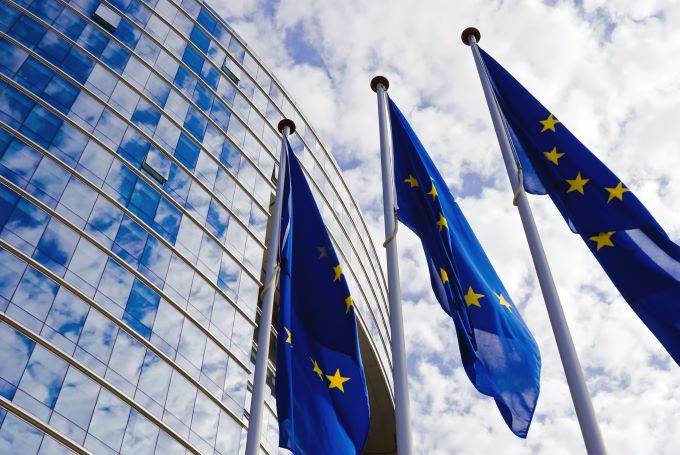 Europe's Markit PMI manufacturing and services composite was revised higher to 50.9 in December of last year, signaling a stronger expansion in the Eurozone private sector since August 2019.
Europe's Markit PMI manufacturing and services composite was revised higher to 50.9 in December of last year, signaling a stronger expansion in the Eurozone private sector since August 2019.
This growth is mostly due to a services sector expansion, as the services PMI went up to 52.8 from November's 51.9. Nevertheless, factory activity contracted for its eleventh straight month, going down to 46.3 from November's 46.9.
"Another month of subdued business activity in December rounded off the Eurozone’s worst quarter since 2013. The PMI data suggest the Euro area will struggle to have grown by more than 0.1% in the closing three months of 2019," said IHS Markit's chief business economist Chris Williamson.
France's services PMI went up to 52.4 from November's 52.2 signaling a growth in the sector, while the composite PMI went down from November's 50.1 to 50, showing a slowing expansion. Regarding Germany, its services sector expanded at the highest pace, going up from November's 51.7 to 52.9, while its private sector as a whole expanded after contracting on the previous month, as its composite PMI went up to 50.2 to 49.4.
The UK services PMI went up from November's 49.3 to 50, signaling an expansion after contracting on the previous month. The composite PMI remained steady at 49.3 signaling a contraction.
The composite future output PMI jumped to 59.4 from November's 57.9, showing the optimism of the Eurozone producers.
European shares didn't perform so well during Monday's session, the Pan-European STOXX 600 went down by 1.09 percent by 10:47 GMT. The markets reacted negatively to the increasing tensions in the middle east due to the escalation in the conflict between the United States and Iran.
By 10:56 GMT the Euro went up by 0.35 percent against the US dollar, hitting the 1.1197 level. Conversely, it went up against the Japanese Yen, gaining 0.23 percent and hitting the 120.93 level. On the other hand, it lost 0.08 percent against the Swiss Franc, falling to the 1.0850 level.
